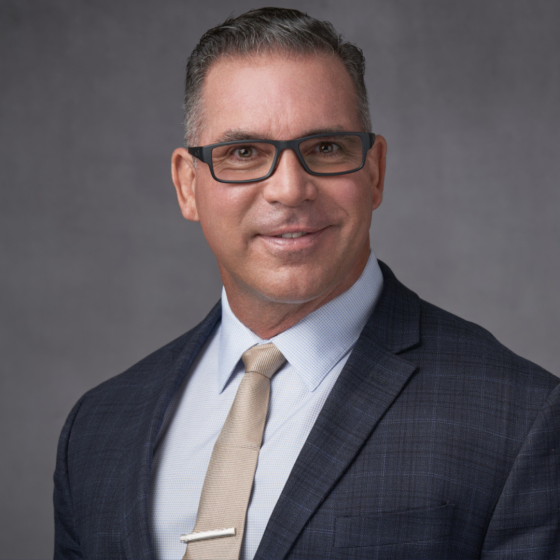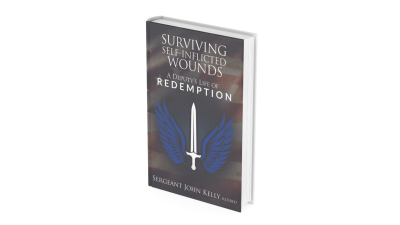
As a law enforcement veteran of thirty-years I have been involved in hundreds of critical incidents and a wide variety of specialized assignments. This diversification has given me a unique perspective in understanding the needs and obstacles facing our first responders.The greatest threat to my survival wasn’t the multiple attempts on my life from suspects but came from within. An alcoholic, addict, and adulterer, I struggled to overcome the darkness of PTS and suicidal ideation. Overcoming these obstacles made it absolutely necessary for me to show our brothers and sisters how you can fall, sometimes repeatedly, and keep getting back up. I developed a wellness / leadership program called “Sometimes Heroes Need Help” that addresses the personal, professional, financial, physical and mental health of the first responder. The program provides a roadmap that allows the individual to survive ”Self-Inflicted Wounds”.
The number one killer of the law enforcement professional is suicide. We don’t need additional training to make us better at police work, we need additional training in life work. Shifting the focus from procedural to functional care is an absolute necessity. Relationship wellness, self-care, and making our physical and mental health a priority is an absolute must if we truly care about our front line peoples wellness and performance. I developed a wellness / leadership program called “Sometimes Heroes Need Help” that addresses the life stressors that are keeping our people from operating at their highest level. By working on our personal, professional, physical and mental health we become better officers and human beings. I authored the book “Surviving Self-Inflicted Wounds, A Deputy’s life of Redemption” as a compliment to the program. I have been presenting the program to conferences and agencies of all sizes for the past 22 months.








